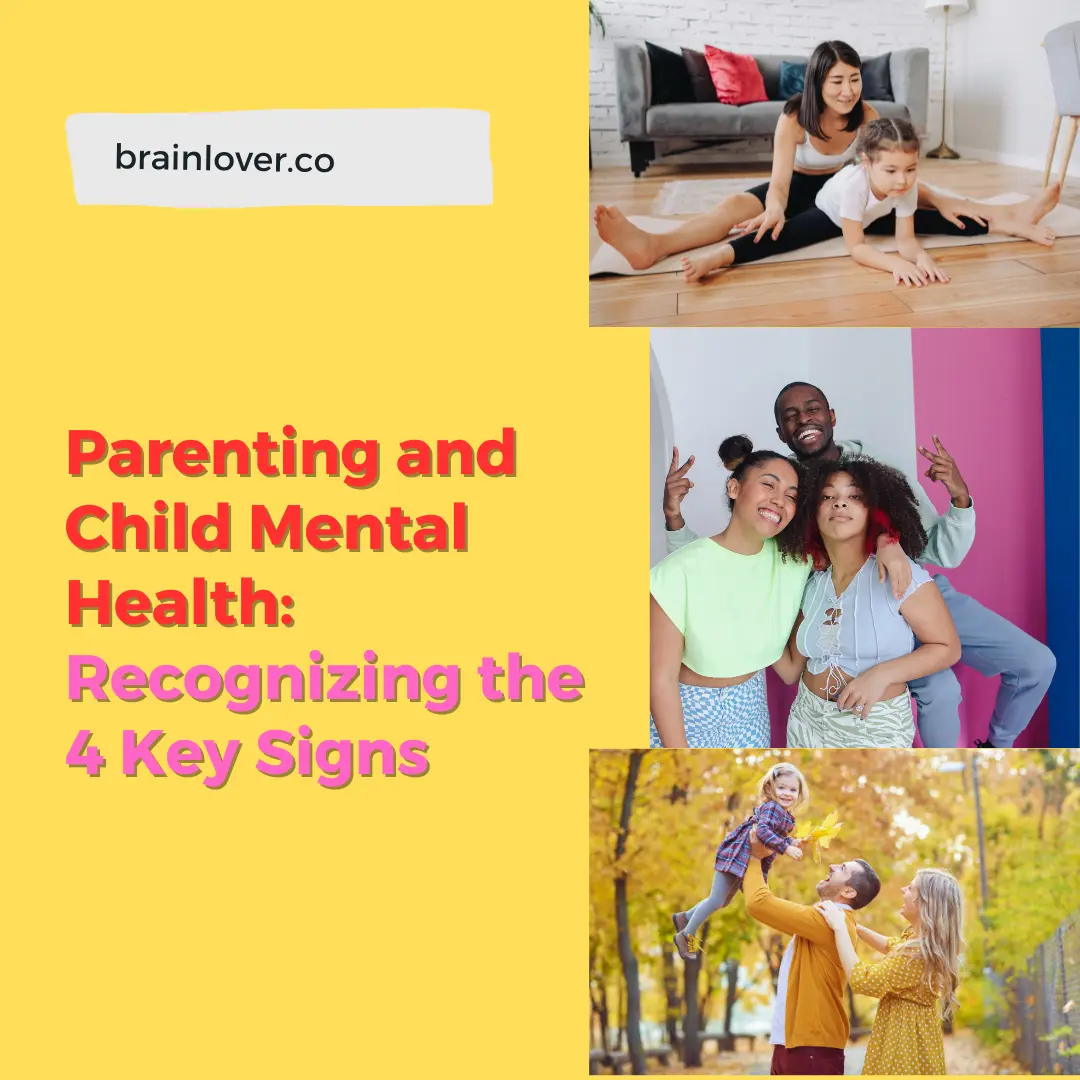Debunking The Myth: How To Identify & Address Fake Depression?

In recent times, mental health has become a topic of significant importance and discussion.
As society becomes more aware of the invisible struggles faced by individuals, there is also a growing concern about the authenticity of certain claims related to mental health.
One such phenomenon that has sparked controversy and debate is the concept of “Fake Depression.”
While depression is a real and debilitating condition affecting millions worldwide, it is essential to acknowledge the existence of individuals who feign or exaggerate their symptoms for various reasons.
In this blog post, we will discuss fake depression, seeking to shed light on its causes, implications, and the potential harm it can inflict upon those genuinely suffering from mental health disorders, along with presenting genuine solutions.
So, let’s get going:
What Is Fake Depression?
The term “Fake Depression” is not a recognized clinical or psychological term.
Depression is a serious mental health condition characterized by persistent feelings of sadness, emptiness, and a loss of interest or pleasure in activities.
Sometimes, people may use the term “Fake Depression” colloquially to refer to individuals who claim to be experiencing depression but are believed to be exaggerating or faking their symptoms.
It’s important to approach such situations with empathy and understanding, as mental health is complex and can manifest differently in different individuals.
Assuming someone is “faking” their depression without proper knowledge or evidence can be harmful and stigmatizing.
If you suspect that someone may not be genuinely experiencing depression or if you have concerns about someone’s mental health, it is best to encourage them to seek professional help from a licensed mental health provider.
Related Blogs:
Fake Depression & Related Medical Conditions
Various mental health conditions can share overlapping symptoms with depression, including:
1. Factitious Disorder
Factitious disorder is a condition in which a person intentionally fakes or exaggerates physical or psychological symptoms for personal advantage or attention.
2. Malingering
Malingering refers to intentionally fabricating or exaggerating symptoms for secondary motives such as financial compensation, avoiding obligations, or obtaining drugs.
3. Somatization Disorder
This condition involves the chronic presence of physical symptoms without any identifiable medical cause.
Individuals with somatization disorder may be misdiagnosed as depressed due to the distress produced by their bodily symptoms.
4. Borderline Personality Disorder
Individuals who have borderline personality disorder may experience extreme mood fluctuations, feelings of emptiness, and difficulties controlling their emotions. These symptoms are frequently misdiagnosed as depression.
Signs That Someone Is Faking A Depression
There are a couple of indications to understand whether someone is faking depression on purpose:
1. Inconsistencies
If someone’s behavior or statements about their depression appear inconsistent or contradictory, it may be worth exploring further.
However, keep in mind that mental health disorders can be complex and alter over time, so inconsistencies do not always suggest faking.
2. Dramatic Shifts In Mood Or Behavior
Extreme and rapid mood or behavior shifts without an apparent underlying cause may raise concerns.
However, such changes could be caused by a variety of variables, including other mental health issues or external factors, so it is critical to approach the situation with caution.
3. Lack Of Support-Seeking
Some individuals may isolate themselves or hesitate to seek help due to mental health stigma.
Therefore, just because someone does not appear to be seeking support or treatment openly does not automatically mean they are faking their depression.
Why Someone Might Fake Depression?
There can be various reasons why someone might fake depression or pretend to experience symptoms of depression. It’s important to approach this topic with sensitivity and understanding, as each individual’s motivations and circumstances can differ.
Here are a few possible reasons:
- Seeking attention or sympathy
- Desire for support, care, or validation
- Obtaining medication or financial compensation
- Misinterpreting emotions or physical symptoms
- Coping mechanism or escape from challenges
- Underlying personal struggles or emotional needs
What To Do To Deal With Fake Depression?
It’s important to note that if someone is faking depression, underlying issues or needs may require attention.
Here are some general approaches that can be helpful to help get rid of fake depression:
1. Encourage Open Communication
Encourage open communication by providing a safe and non-judgmental environment for the individual to express their feelings and concerns. Encourage them to communicate their feelings and listen carefully.
2. Promote Self-Reflection
Help the individual to consider their motivations and feelings. Assist them in exploring any underlying emotional needs or issues they may be experiencing.
3. Address Any Secondary Gains
If the person appears to be seeking secondary gains by faking depression, encourage them to seek appropriate channels or resources for those specific needs instead.
4. Promote Healthy Coping Mechanisms
Encourage the person to engage in healthy coping skills such as exercise, mindfulness, hobbies, or counseling to address any emotional challenges they may be having.
5. Suggest Seeking Professional Help
Recommend that the person consult with a mental health professional who can conduct a comprehensive evaluation and provide appropriate guidance and support.
Final Verdict
While it is crucial to support and validate individuals genuinely struggling with depression, it is equally important to acknowledge the existence of fake depression and its potential consequences.
By engaging in open conversations and encouraging transparency, and empathy, we can collectively strive to create an environment where individuals feel safe to share their experiences without fear of judgment or skepticism.









